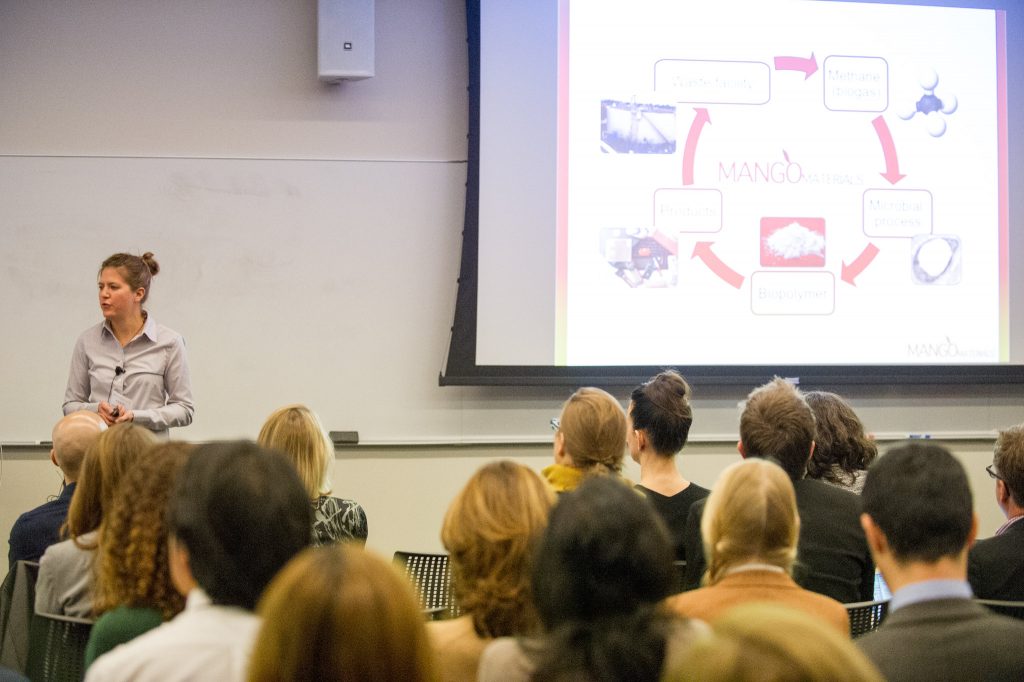EXPERT, PUBLIC DISCOURSE AND FOOD: EVERYTHING IS PART OF THE PROCESS
Just the other day, someone pointed out that if you can stand and talk for more than 15 minutes on any subject, you are an “expert.” PUBLIC DISCOURSE
I figured that anyone with a motor mouth and a little taste would fall into this category, depending on how ‘expert’ is distinguished. The first image that appears in my mind is that of a tailored suit and immaculate white teeth, enough qualifications to create a small novel along with the ability to solve a Rubik’s cube in less than 60 seconds … Yes, an “expert “.
There were many occasions when I was convinced by the dazzling brightness, brightness and brightness of something just to discover what’s under a little disappointing. A bit like unwrapping your main Christmas gift to unveil a rocking horse instead of the BMX bike you were waiting for.
Then, on the other hand, you get those who live under the radar and simply devote themselves to their affairs in silence every day. There are no flashing lights and blinking stars with this lot. His type of mantra would be “Action speaks louder than words.” They drive a VW hit with a squad in the bank account and their shirt never irons. ‘Expert’? More than likely.PUBLIC DISCOURSE

EXPERT?
And me? I am certainly not the sharpest knife in the drawer, but I am not the most direct. Sometimes opportunities / challenges arise that you can avoid or jump with both feet and enjoy the trip to see what happens. PUBLIC DISCOURSE
Where do I go with this? Is not safe…
PUBLIC SPEAKING
But suddenly I found myself the other day at UTS (University of Sydney) in front of an extremely intelligent group of academics who talked about health and nutrition. They were ‘experts’ in their field. PUBLIC DISCOURSE
However, to my surprise, most did not know the difference between a simple carbohydrate and a complex carbohydrate! We are not talking about algorithms or E = mc2 type of things, just basic nutrition. The answer I received was that marketing confuses and that they were too busy to stop and reflect on the impact of what they put in their mouths.
Health seems to be second in priority. Would it be fair to say that this is the general consensus these days?
PROCESS
Just to clarify and while we are on the subject, a complex carbohydrate is exactly that: complex. Which means that it is composed of other nutrients such as fats, proteins, vitamins, minerals, etc. So a simple carbohydrate is, yes, very simple. that is, they have gone through some kind of process and are deprived of their nutritional friends to hang out. PUBLIC DISCOURSE
This should only raise the question that I feel everyone should ask themselves:
How complex are complex carbohydrates these days? And most importantly, what do I eat every day?

If I had to write everything I ate and drank for two weeks, I guess I would see a pattern emerge. In general, we eat many foods of the same type, with most of the usual meals. When we are in the routine we are quite predictable, along with the food we eat. PUBLIC DISCOURSE
So, hot tip No.1: the foods you want to prepare first are high in carbohydrates. The only exception is if you train intensely on a regular basis and are eating after a workout to replenish your glycogen stores. Even then it would be particular. For the rest of the time, continue keeping your meals with a low GI and as fresh as possible.
Armed with this new knowledge found, the next thing you should understand is that a carbohydrate in its simplest form is sugar. It’s hard to believe, I know, like there are more stars in the sky than Coogee Beach, but I didn’t write the rules. PUBLIC DISCOURSE
Therefore, a complex carbohydrate is a carbohydrate that contains many other properties along with it, including proteins, fats, vitamins, minerals and water. But in essence, carbohydrates are equal to sugar. PUBLIC DISCOURSE
I raise this point as it is easy to think about carbohydrates differently. If someone reduces their sugar intake, it’s easy to assume that simply hiding the sugar bowl will be enough. But you wouldn’t think of a bowl of pasta like sugar, right? The key ingredient in pasta is white flour, PUBLIC DISCOURSE
which is processed carbohydrate, which is equivalent to sugar. If you eat a bowl of pasta, you can also place your head in the sugar bowl and smell, since you will almost get the same effect.

Today, in westernized countries, most people starve to death in excess of food. We eat what we want and not what our body needs, since most foods have gone through some kind of processing.
By doing this, we feed the appetite but not necessarily the body, since we are actually depriving ourselves of vital essential nutrients (have you ever wondered why you may be hungry quickly? It is your body that asks for real nutrients). Over time, our body becomes sick, with the most common occurrence of getting fat. PUBLIC DISCOURSE
There is a massive phobia against fat and it is understandable, since there is an automatic association of the fat we eat, body fat and cholesterol. But this could not be further from the truth and, due to the fat phobia, we tend to consume a high consumption of carbohydrates / sugar. This is a big no-no if you care about your health.
It is important to understand that virtually all commercial wheat, rice, oatmeal and similar products have been refined. So, what was once rich in nutrients and a complex carbohydrate when grown, now has its main properties stripped, leaving the concentrated carbohydrate / starch / sugar. This, of course, can begin to create problems, since they are the main basic diet for most people in today’s Western society. PUBLIC DISCOURSE
So start looking at the most complex carbohydrates along with grains such as spelled and quinoa. Bring them to your diet and lead by example. Rubik’s cube is not solved here. If you tell your friends what you are doing, they will be curious and before you know it you will be an ‘expert’.
